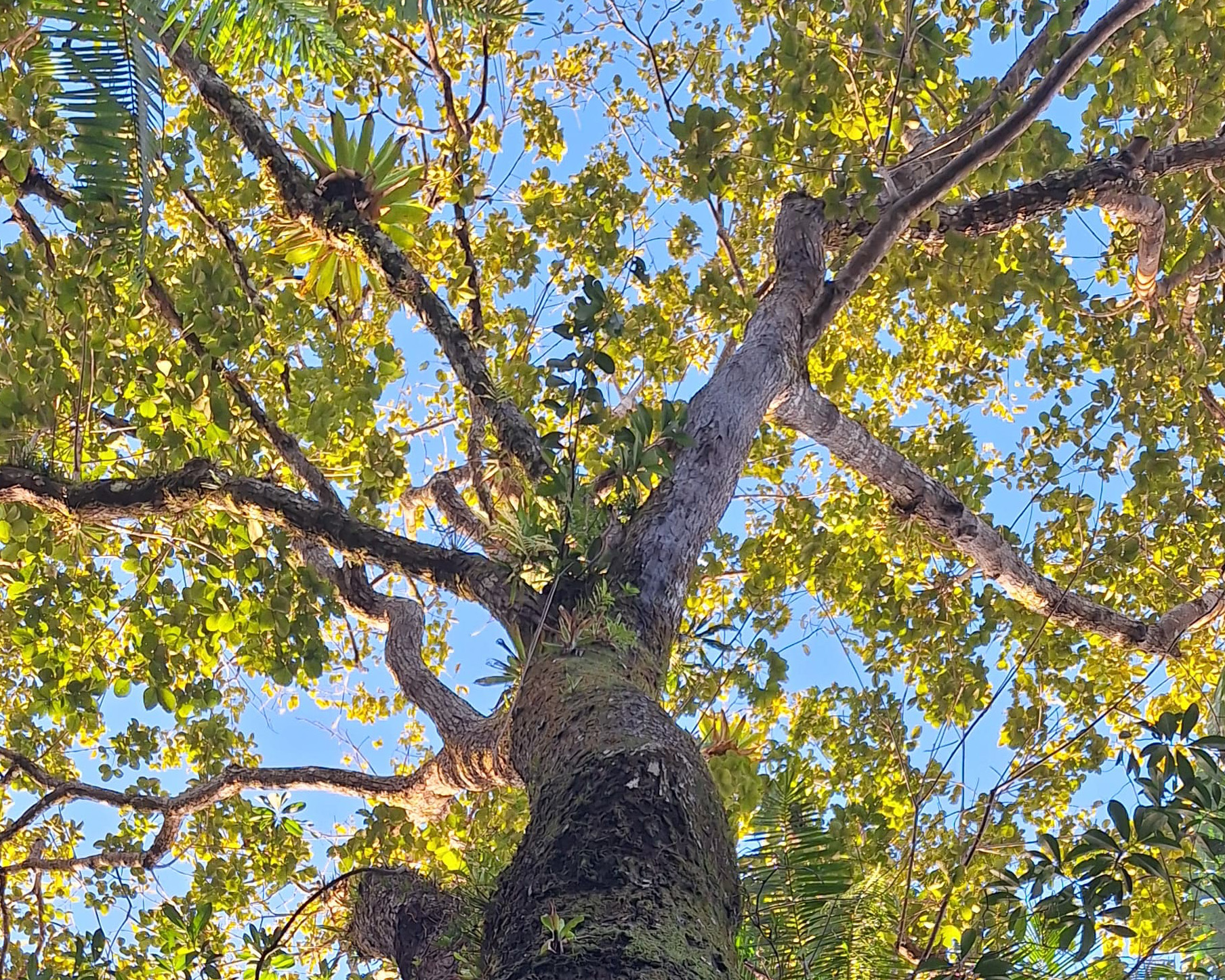In this paper, we employ for the first time a Bayesian process-tracing approach to assess the role of different interventions designed to halt deforestation. We applied the methodology to six initiatives implemented between 2006 and 2019 in the municipality of São Felix do Xingu, namely: (i) institution of protected areas, (ii) environmental monitoring and enforcement, (iii) credit restrictions, (iv) commodity agreements, (v) multi-stakeholder processes, and (vi) value chain projects. Bayesian process tracing is an alternative to traditional counterfactual approaches that allows the gleaning of in-depth insights into ‘causal chain’ mechanisms and complex interrelationships in individual cases, rather than identifying common or cross-cutting features across different cases. Contrary to traditional process-tracing methodologies, the Bayesian approach provides analytical transparency and replicability through a formal and fine-grained assessment of the strength of the evidence. We assessed 31 individual pieces of evidence, developed using data collected through a variety of quantitative and qualitative methods. We grouped these into interventions spanning three periods of time and traced the causal mechanisms linked to their success or failure. In total, we developed nine theory components. Our results reveal that we are practically certain that four theory components are true. We are also reasonably certain or highly confident that four other theory components are true, and only cautiously confident that one component is true. Drawing on the nine components, we offer a composite theory explaining deforestation outcomes. Our findings provide four implications for global debates. Namely, they provide a strong case for the importance of conceptually distinguishing: the types of actors targeted (e.g., smallholder or medium-to-large landholders) and the frontier status (i.e., whether interventions take place in active frontiers or in consolidated areas). They also prove that interventions may be well implemented for a certain period but can lose effectiveness over time. Finally, our findings call attention to synergies among interventions, and in particular to the combination of regulatory interventions to halt frontier expansion with market-based approaches to incentivize non-deforestation behaviour.
Download:
DOI:
https://doi.org/10.1016/j.landusepol.2023.106866
Altmetric score:
Dimensions Citation Count:

























